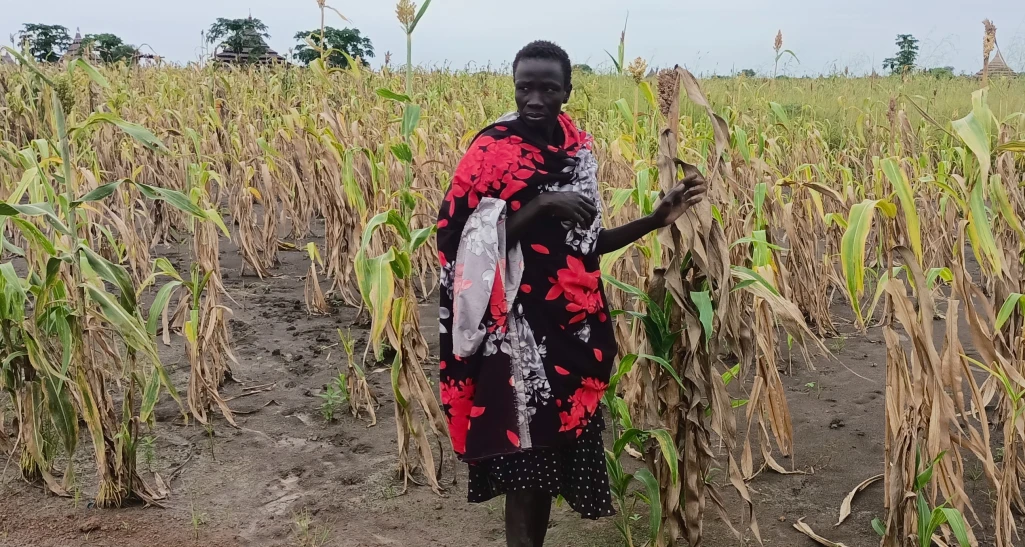
Residents of Awerial Center, Awerial County, claim they
may suffer extreme food scarcity this year because their crops have been
damaged by pests and floods.
They stated that the disaster began in April due to a
lack of rain, progressed to heavy rainfall, and was further exacerbated by a
wild worm attack on crops, which led to the spread of wildering disease. The
cycle of disaster was then completed by birds and flooding.
Mawut Agor, a community chief, says all seven villages in
Awerial Center, including Manjur, Chueiding, Maborjilla, and others, will not
harvest anything this year and may starve to death.
He urges the state government and humanitarian agencies
to assess their situation, as they have nothing to eat.
"We did cultivate our farms, but they destroyed our
crops," Agor said. "Now, are we going to be blamed for the
hunger."
Meanwhile, Nyaporic Achuoth, a community member,
disclosed that the residents are already facing hunger.
She said, “We have started selling the little vegetables
we have, to buy food. And if this finishes, I do not know where else to go.”
For his part, Relief and Rehabilitation Commission
coordinator in the county, said his office had proposed a joint assessment,
which will take place next week.
“So, I have sent a proposal to the national government
and support agencies for a joint assessment to be carried out in five major
villages,” Magok Majuch Apiu added.
Aid groups and authorities have sounded alarms about
incoming floods due to Lake Victoria's water levels rising to 13.6 meters—the
highest in the Nile Basin in over a century.
This escalation, compounded by discharges from the
Nalubaale Power Station in Uganda, poses imminent flooding risks to South
Sudan, particularly in Lakes and Jonglei states.